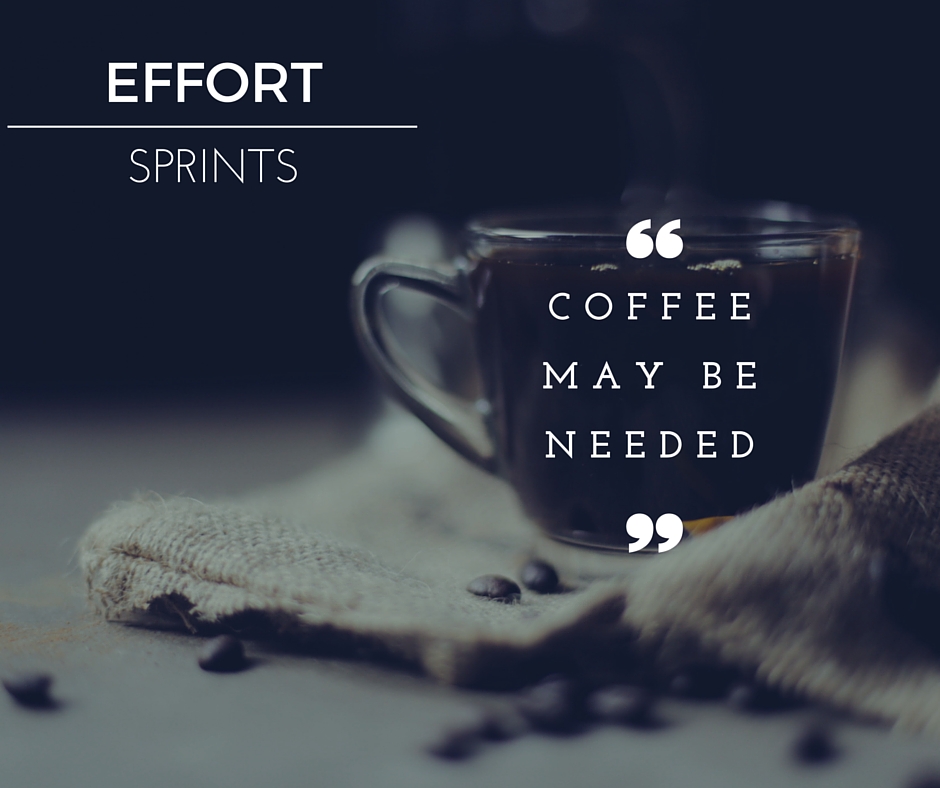|
I recently read an article on Entrepreneur Magazine's website by Mahesh Rajagopalan, the CEO and co-founder of Picpal, a real-time photo collage chat app.
The article was about decluttering your mental workspace. One of the concepts from the article that stood out to me was the idea of "Effort Sprints." Many start-up tech companies , and most software companies these days, utilize "sprints," or an agile methodology, to accomplish leaps in production output in a short amount of time. The gist about "sprints" is , for a certain length of time -- usually a few weeks or a month -- you, your team, etc. will work on nothing but the major task/project at hand. Eliminating all other distractions to focus on a specific portion of a project allows an individual or a team to accomplish a whole lot in a relatively short amount of time. Once the time period is over, the work is reviewed , critiqued and updates and fixes that need to happen are documented to be addressed in the next sprint. Accelerated forward motion towards your goal is the idea. The nature of working this way is that iterative improvements are happening regularly and large productive, proactive strides are made instead of reactive iteration that often happens in a less intentional scramble as things need to be addressed. This concept can be applied to your own individual efforts throughout your work day with what Rajagopalan called, "Effort Sprints." Similar to "sprints" in a production/business sense, "Effort Sprints" help you minimize interruptions -- turning off email, messaging notifications, etc. -- while in a specific timeframe you've dedicated to working on a specific task. From Rajagopalan's article, research is clear that multi-tasking stunts productivity by as much as 40 percent. So a way to increase your ability to get things done, block out 2 hours in the morning and maybe 2 hours in the afternoon where you can identify a very specific task or set of 2 or 3 related tasks to accomplish in that timeframe. You can even schedule checking/responding to email two or three times day so you compartmentalize efforts in a way that allows you to have a singular focus on it. You'll likely find you get those things done more quickly than if you just answer any and all emails that come in , when they come in. You'll also likely find that the quality of your output will increase due to paying closer attention to what you've worked on. In this "Effort Sprint" model, you do need to block out some de-stress time within your day. It's good to clear your head after a sprint. If you can take a walk or exercise, that can be helpful to get your blood flowing and help you focus again for your next sprint as you return to work. When you take a break, try to leave your work area, get out of the office and let go of work for a short time. Doing this will allow your subconscious to continue working on your tasks without you even knowing it. However, you won't give your subconscious the opportunity to work for you if you don't take some periodic breaks from your work. Posted by: Nick Venturella Comments are closed.
|
Invest in yourself. Get creative/business/life insights in your inbox - sign up for my eNewsletter.
Archives
July 2024
|


 RSS Feed
RSS Feed

